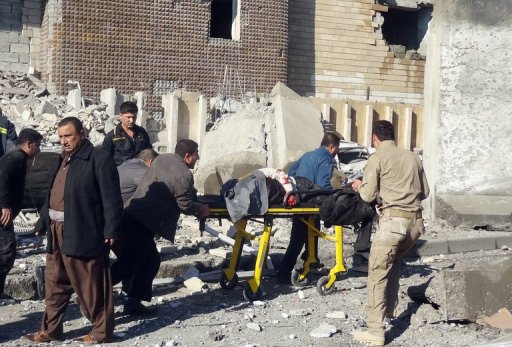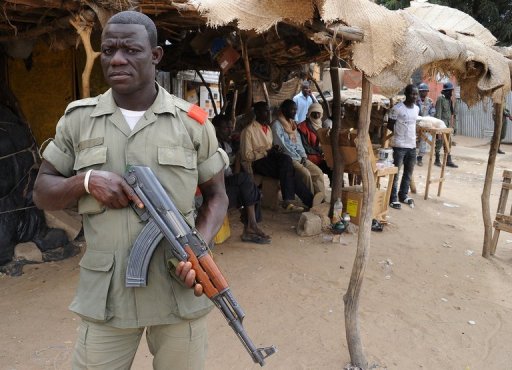CAIRO: Encroachments by members of the police force are not individual acts, but are institutionalized by decrees and regime policies, Interior Minister Mansour El-Essawy said in a TV interview Tuesday, following a fire that broke out in one of the ministry buildings earlier that day.
In an interview with Masr El Naharda (Egypt Today) talk show broadcast on state TV, El-Essawy said that the interior ministry was “politicized.”
“After the January 25 Revolution, the state policy will change and the mandate of the interior ministry will be different,” he added.
According to host Khairy Ramadan, before El-Essawy appeared on the show, a number of his aides advised him to pre-record the interview, but the minister said he will appear live.
Ramadan claimed it was the first time for an interior minister to be interviewed live on state TV.
In the interview, El-Essawy called on the media to stop launching campaigns against policemen.
“The prosecution and the judiciary have been investigating whatever happened since the revolution erupted … in addition to a fact finding committee,” he said, referring to an investigation into the killing of more than 600 protesters and wounding of over 5,000.
“If anyone is proven guilty of opening fire at protesters, he will be punished,” the minister said.
On Tuesday, the fact finding committee investigating the alleged violations committed by police forces against protesters in the early days of the revolution presented a report to the prosecutor general accusing former interior minister Al-Habib Al-Adly and ousted president Hosni Mubarak of the premeditated murder of protesters.
The two will also face charges of joint responsibility in ordering security forces to use live ammunition and excessive violence against protesters.
Last week, the prosecution renewed the detention of Al-Adly for 15 days pending investigations into the above charges. Mubarak has yet to be interrogated.
]
Anti-regime protests that broke out on Jan. 25 and continued for 18 days, ousted Mubarak on Feb. 11.
El-Essawy said that the police was back on the streets of Egypt. Yet in certain governorates including Suez, Alexandria and Beni Suef, some police officers were intimidated because their colleagues were interrogated and remanded in custody for being their involvement in shooting protesters.
“The police force will be operating in its entirety in the next phase,” he said.
El-Essawy denied rumors that large numbers of police officers had tendered their resignations. “The percentage of resignations is normal,” he said.
El-Essawy said that a rumor claiming that central security forces exceeded one million was also false.
“The total police forces does not exceed 290,000 … including forces that secure the borders in Sinai,” El-Essawy said. “Police deployed to the central security forces are only 118,000.”


